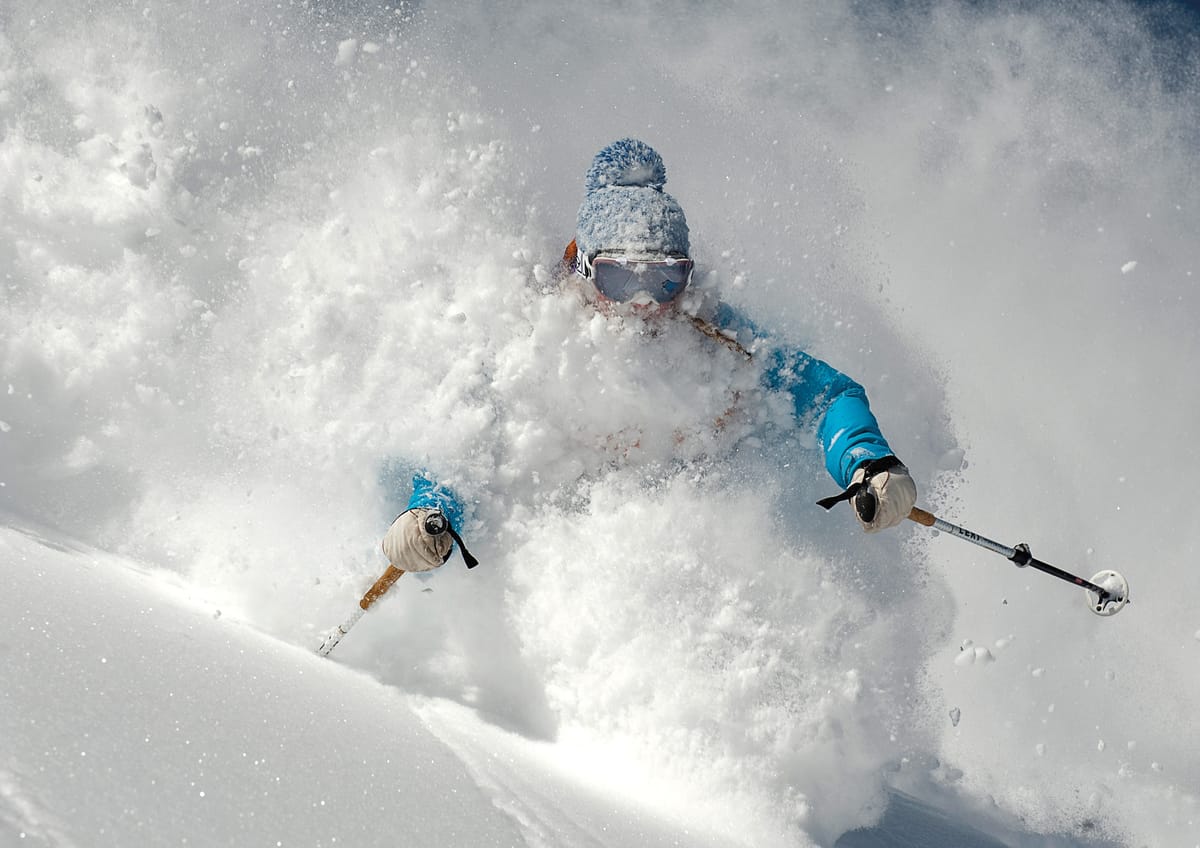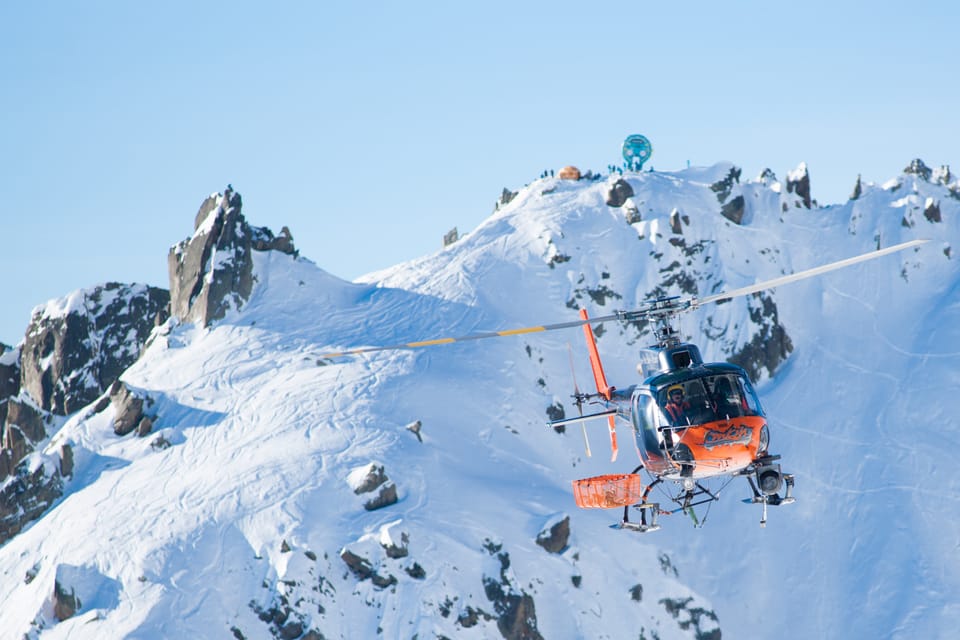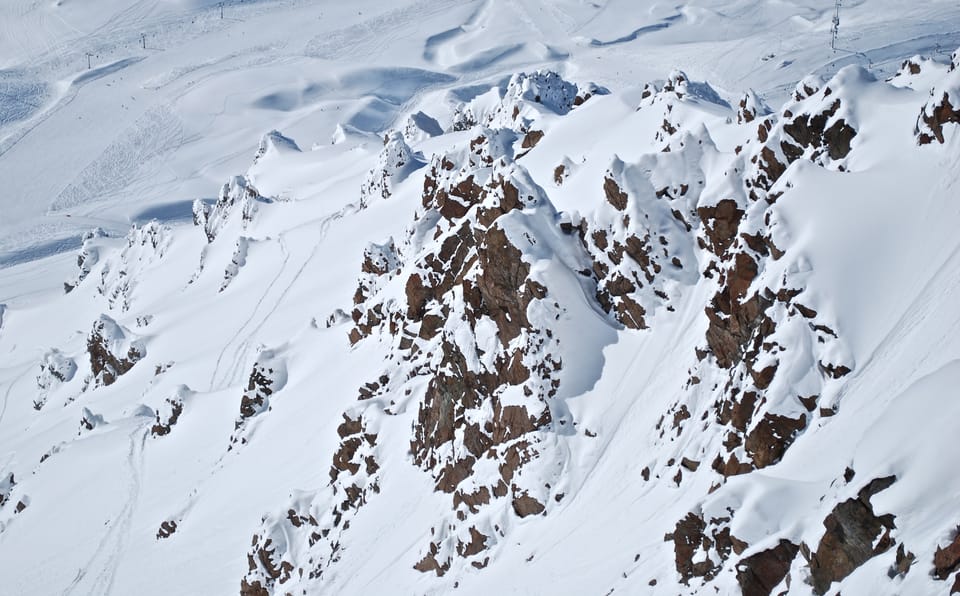“Greatest Snow on Earth” Under Threat?

The famously light dry powder snow of Utah is under threat from the growing needs of an expanding population, and higher temperatures die to climate change, scientists say.
Utah trademarked the phrase “The greatest snow on earth” in 1975 and fought legal battles with the circus that trademarked “the greatest show on earth” to be able to keep using it. The argument is that the snow is particularly fine and dry thanks to unique geographical and climatical conditions.
Unfortunately though climate change and the increasing need for water from the growing population around Salt Lake City looks likely to decrease the snow in the Wasatch Mountains, home to Park City, America’s biggest ski area, among others, scientists believe.
The Great Salt Lake is the crucial part of the climate calculations. This has already decreased in size by two-thirds over the past three decades and continues to dry up at an alarmingly fast rate, seeing its lowest ever level last summer and expected to drop lower still this.
Much of the moisture that’s converted into Utah’s famous snow is sucked up from the lake in wintertime, but with less and less water left, there’s less snow falling. The snowfall is part of a cycle which sees three rivers fed by the mountains flowing down in to the Lake in spring and summer as the snow melts. However again these have less and less water each year and there are more and more people syphoning off water to meet the needs of the city’s growing population. The drier it gets the more water is needed and the problem is exasperated
Robert Gillies a professor at Utah State University and Utah’s state climatologist reports that besides growing population needs, higher temperatures due to climate change are also causing more snowfall to convert direct to water vapor and escaping into the sky rather than turning to liquid and flowing into rivers.
“If you don’t have water, you don’t have industry; you don’t have agriculture, you don’t have life,” Dr. Gillies said.
A number of Republican state legislators are reported to be looking at the state to take what was described as, “some fairly drastic action” but its unclear if anything will be done.




